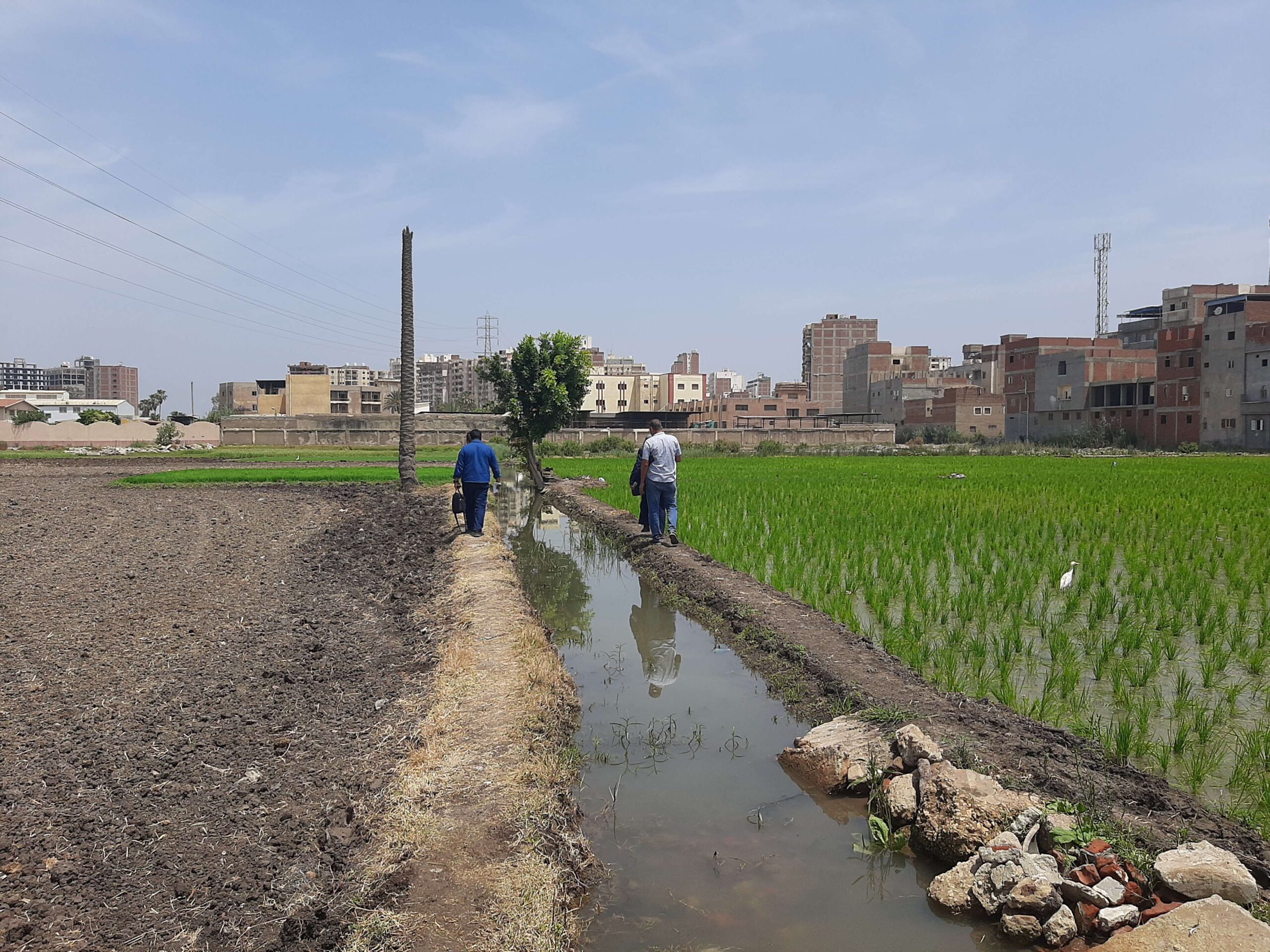Consultancy services in Irrigated Agriculture.
Description
As of 2022, the Nile covers 85% of the country’s water needs for all areas of life. The effects of climate change and an increased use of the Nile water in the countries of the upper reaches of the Nile will lead to reduced water availability in Egypt in the future. Rising temperatures, longer and more intense periods of heat and drought, shifting climate zones as well as changes in the water supply (increasing seawater infiltration, decreasing water quality and pollution of water resources) are noticeable. In the medium- to long-term planning, the Ministry of Water Resources and Irrigation (MWRI) assumes that the Nile can only cover 75% of Egypt’s future water needs. This makes efficient and integrated management of the limited water resources a vital necessity for Egypt to ensure sustainable economic and social development in the future.
The Deutsche Gesellschaft für Internationale Zusammenarbeit (GIZ) was commissioned by the German Federal Ministry for Economic Cooperation and Development (BMZ) to implement a new Technical Cooperation Measure “Nile Delta Water Management Programme (NDWM)”.
For the water supply and wastewater management sub-sector, project partners at the national level are the Ministry of Housing, Utilities and Urban Communities (MoHUUC) represented by the Holding Company for Water and Wastewater (HCWW) and its Affiliated Companies (ACs). As for the irrigated agriculture sub-sector, project partners are the Ministry of Agriculture and Land Reclamation (MALR) and its extension services in selected Governorates as well as the agriculture service sector.
The MALR is responsible for the irrigation system at the farm level as its direct supply channels. The agriculture extension sector is responsible for the development and dissemination of extension recommendations to the farmers. The agriculture service sector is responsible for supporting agricultural cooperatives.
Due to the long-standing recruitment freeze, the extension service in the governorates has not enough staff and insufficient resources to provide services needed by female and male farmers.
In the field of climate smart agriculture and green economy, the overall objective of the project is:
- to improve framework conditions Framework conditions for an efficient use of water in water supply and wastewater management as well as in irrigated agriculture in the Nile Delta.
The objectives per subsector are listed below.
Subsector Water and Wastewater
- strengthening management capacities of water and wastewater ACs for an efficient water use.
- initiating measures for efficient water use and climate-sensitive operation of water and wastewater systems by ACs.
Subsector Irrigated Agriculture
- improving the range of advice and services for smallholder farms on water-saving cultivation practices.
- initiating innovative measures and digital applications for efficient water use by smallholder farms.
Crosscutting
- strengthening the participation of civil society and women’s groups in water use efficiency.
Services
Agriculture Extension Service in Climate Smart Agriculture
- Develop 8 new extension programmes with recommendations on water-saving cultivation practices together with relevant stakeholders from the ministry and the 4 governorates
- Support the extension service in implementing extension activities and rolling out to more farmers, using different formats (FFS, awareness sessions) to disseminate good agricultural practices and efficient water use messages
- Developing Farmer Field School curriculum for 10 crops (in Arabic)
- Introduce digital approaches/tools and communication channels for reaching a large number of smallholder farmers
- Launch 16 awareness campaigns
- Conduct 12 training rounds in the field of agricultural extension services
- Conduct field investigations and surveys to assess the overall achievement and impact of the conducted extension activities
- Providing analysis report on digital approaches/tools (in Arabic)
- Develop 1st version of digital advisory formats/tools
- Developing Digital campaign design (in Arabic)
Water Demand Planning (WDP)
- Conduct 12 training rounds to enhance the technical capacities of MALR staff for better WDP
- Develop and update geo-referenced maps for 18 districts using GIS tools
- Develop updated seasonal digital cropping patterns table
Irrigation Infrastructure Management & Energy Efficiency and Renewable Energy: O&M
- Conduct 10 training rounds on Operation and Maintenance (O&M)
- Developing training material for pumps operation and maintenance (in Arabic)
New approaches for female farmers in agriculture production (Women Initiatives) (Circular Economy)
- Conduct situation analysis to assess the current status of women initiatives related to water efficiency measures
- Deliver technical support and conduct Training of Trainers (ToT) to selected extensionists and farmers
- Support extensionists and key farmers to conduct structured training sessions and on-the-job training on the initiatives as means of water-efficiency and income-generation
- Design and implement 16 demo sites


